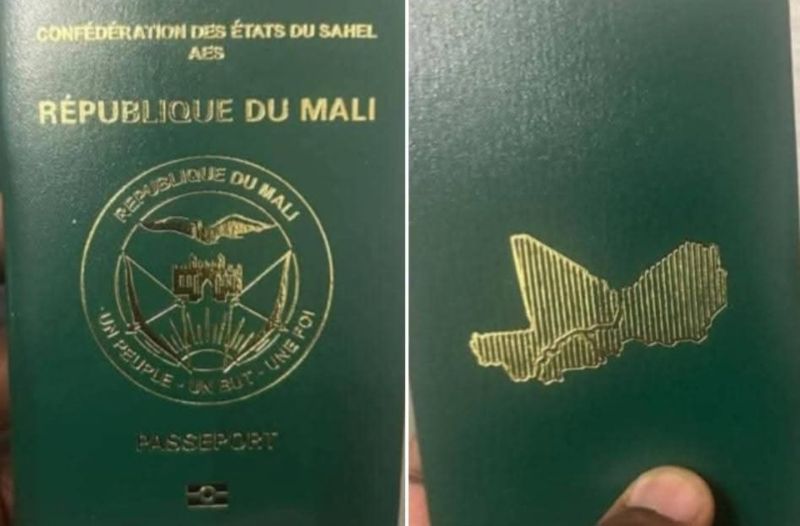The Airbnb Africa Travel Summit is poised to return for its second edition at the picturesque Victoria Yards in Johannesburg, spanning from October 23 to 24. The event, convened by Airbnb, will assemble a distinguished cohort of visionaries, tourism authorities, influencers, change agents, policymakers, and hosts hailing from across the African continent.
Fostering a More Inclusive and Sustainable Tourism Future
At the core of this gathering lies the mission to explore the synergies between travel and technology, catalysing a future of African tourism that is not only more inclusive but also environmentally sustainable.
Airbnb has witnessed substantial growth in Kenya, catalysing a transformation in the hospitality industry. The platform’s increasing popularity has ushered in competitive dynamics with hotels and lodges, translating into a significant reduction in room prices and occupancy rates.
Airbnb’s unique value proposition, offering affordable and distinctive accommodation choices to travellers, has left an indelible mark on the travel landscape. It has also emerged as the preferred choice for both group travellers and solo adventurers, offering accommodations ranging from apartments and houses to unconventional options like treehouses and even castles.
Read also: Airbnb Introduces New Anti-Party Technology to fish out rule breakers
Speaking about the Africa Travel Summit, Velma Corcoran, Regional Lead Middle East Africa at Airbnb, stressed the company’s role in empowering local families and communities to profit from tourism to Africa by utilising technology and innovation. In order to create a sustainable and inclusive tourism model that benefits all stakeholders, Corcoran emphasised the significance of collaborative discussions among industry actors, legislators, and change-makers.
According to her, the summit “…will bring together the leading thinkers from across the continent to discuss how we can leverage technology and innovation to empower more local families and their communities to benefit from African travel.
We look forward to facilitating important discussions amongst industry, policymakers and changemakers to collaboratively build a sustainable and inclusive tourism model that benefits everyone.”
The summit’s opening session will be graced by Patricia de Lille, South Africa’s Minister of Tourism, with the concluding keynote delivered by the acclaimed actress Zozibini Tunzi.
Eazi Travels, An Online Travel Firm to Provide Digital Payment Solutions For Travelers
The Nexus of Tourism and Technology
Under the adept moderation of Afua Osei, co-founder of She Leads Africa, the event is poised to delve into discussions that revolve around the pivotal role of technology in steering inclusive and sustainable economic growth across the African continent. The summit’s agenda includes deliberations on how tourism and technology can continue to empower communities and stimulate economic development.
Leaders from various spheres will converge to share their insights and experiences, shedding light on research findings and best practices. These discussions will revolve around how travel and technology can collaboratively shape a more inclusive and sustainable future. This inclusion would be vital for steering the post-pandemic recovery of the tourism sector.
Juliette Langlais, Airbnb’s Director of Public Policy and Campaigns for Europe, the Middle East, and Africa, alongside Anita Mendiratta, the Global Strategic Advisor on Tourism & Development, will lend their perspectives to the summit. Distinguished representatives from UNESCO and the World Travel & Tourism Council (WTTC) will also grace the occasion. Accompanying them will be champions of inclusivity, sustainability, and tech regulation.
The program is meticulously crafted to ensure interactivity and experiential engagement. It encompasses a range of activities, including curated panel discussions, Change Maker sessions, and case study presentations.
As the Airbnb Africa Travel Summit beckons, it promises to serve as a critical rendezvous for shaping the future of African tourism—one that is more accessible, sustainable, and economically empowering for the African continent and members of its communities.
















